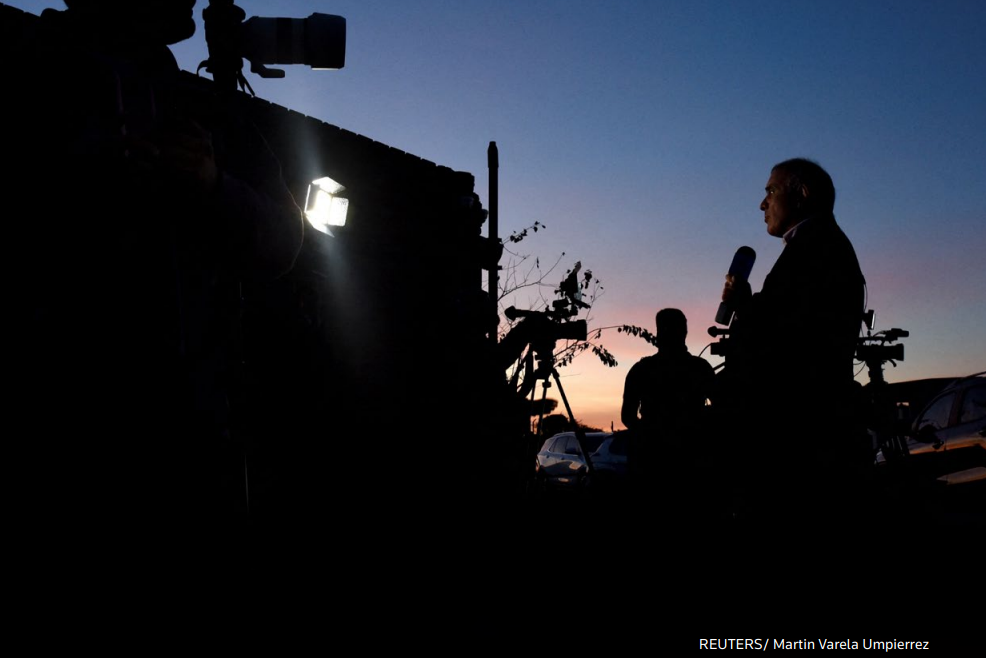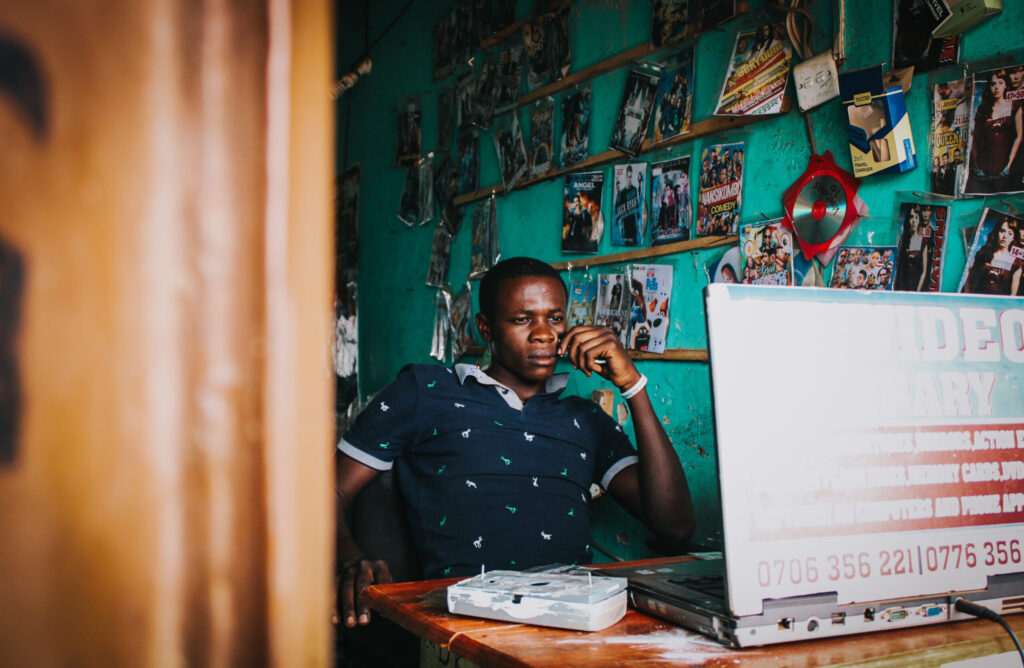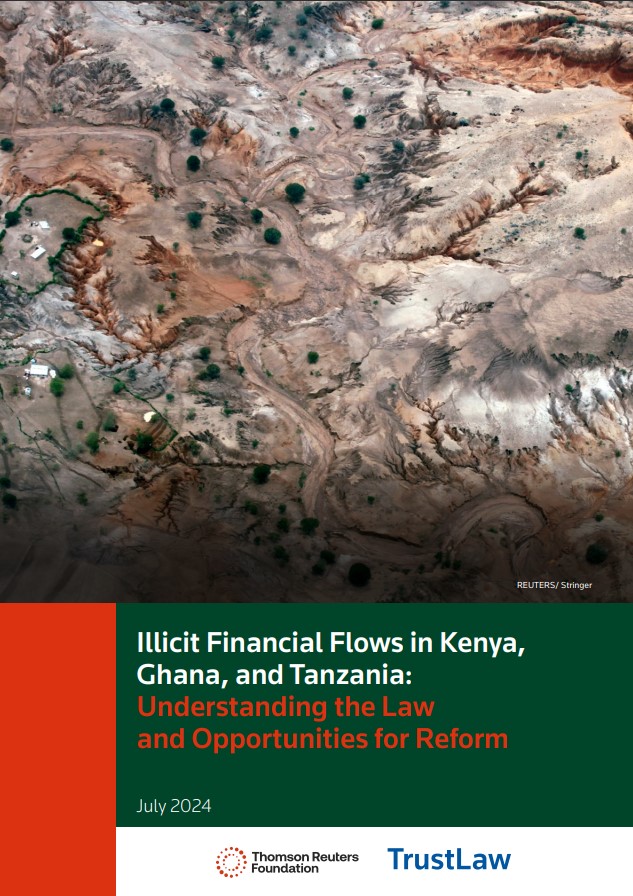This report provides a comprehensive overview of the legal and institutional frameworks governing illicit financial flows (IFFs) in Kenya, Ghana, and Tanzania at international, regional, and national levels. It delves into three prevalent forms of IFFs: tax-related IFFs, corruption, and money laundering. It addresses tax-related IFFs arising from aggressive tax planning and evasion, with a focus on the extractive sector in Ghana and Tanzania, although the study in Kenya is not sector-specific. The report then investigates corruption, a significant source of IFFs in all three countries, with a particular focus on the extractive sector in Ghana and Tanzania. Additionally, it examines money laundering in Kenya, emphasizing the banking and real estate sectors. It concludes by discussing the role of civil society organizations (CSOs) in combating IFFs, highlighting the challenges they face, and offering recommendations for effectively addressing these challenges.
Related resources
View all
Before you publish: A journalist’s guide to safer reporting
This guide provides journalists with a…
Read More
LGBTQIA+ Community Legal Guidebook in the Philippines
This Guidebook is designed to be a practical tool,…
Read More
Pro Bono Advocacy Toolkit
Download our ready-made presentation deck for your business meetings, showcasing the key decisions your…
Read More
Kit de Herramientas Pro Bono
Nuestra presentación lista para usar en sus reuniones de negocios muestra las decisiones clave que…
Read More
Employment rights guide for journalists in Moldova
Our comprehensive guide to employment rights for journalists…
Read More
AI Governance for Africa toolkit
This three-part toolkit aims to empower journalists and CSOs to inform public discourse and…
Read More
Three steps to an AI-ready newsroom: A practical guide
This practical starter guide is designed to help…
Read More
TrustLaw Index of Pro Bono 2024
The TrustLaw Index of Pro Bono identifies global trends in the pro bono marketplace, highlights…
Read More
Towards Algorithmic Transparency in the Public Sector in Latin America
This report assesses the…
Read More
Journalism in the AI Era: A TRF Insights survey
Our new report shines a spotlight on journalism in the AI era and…
Read More


